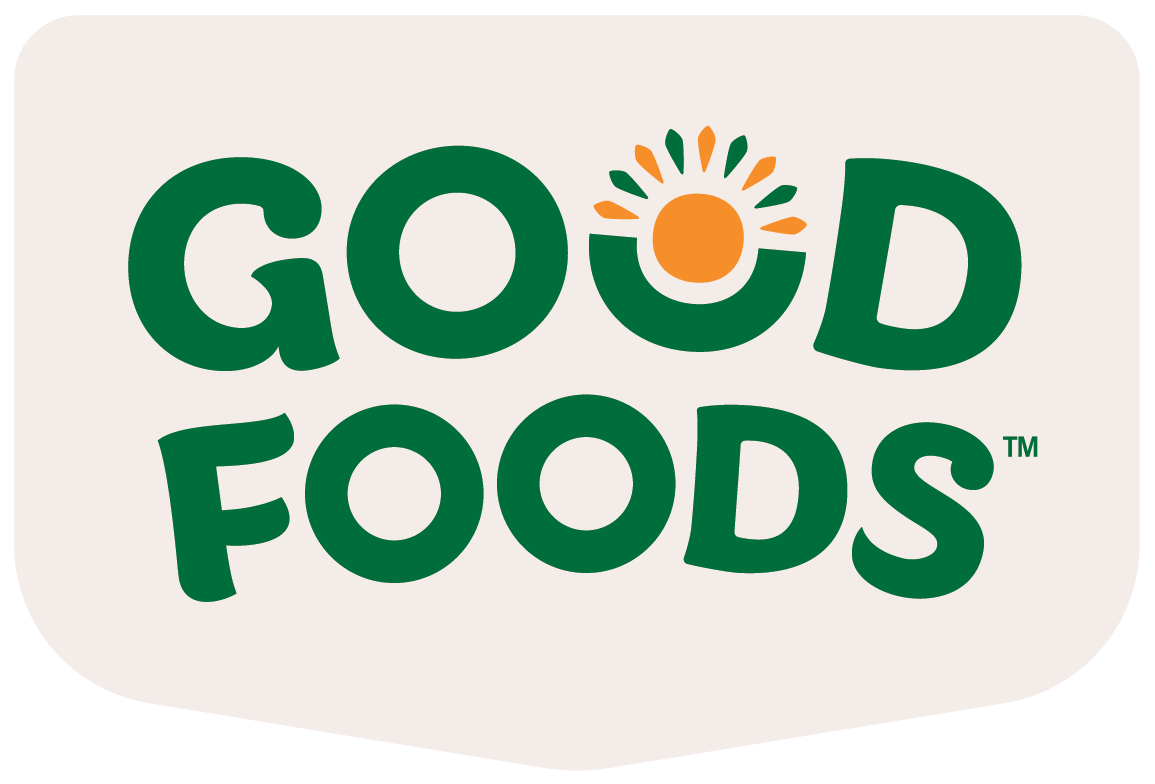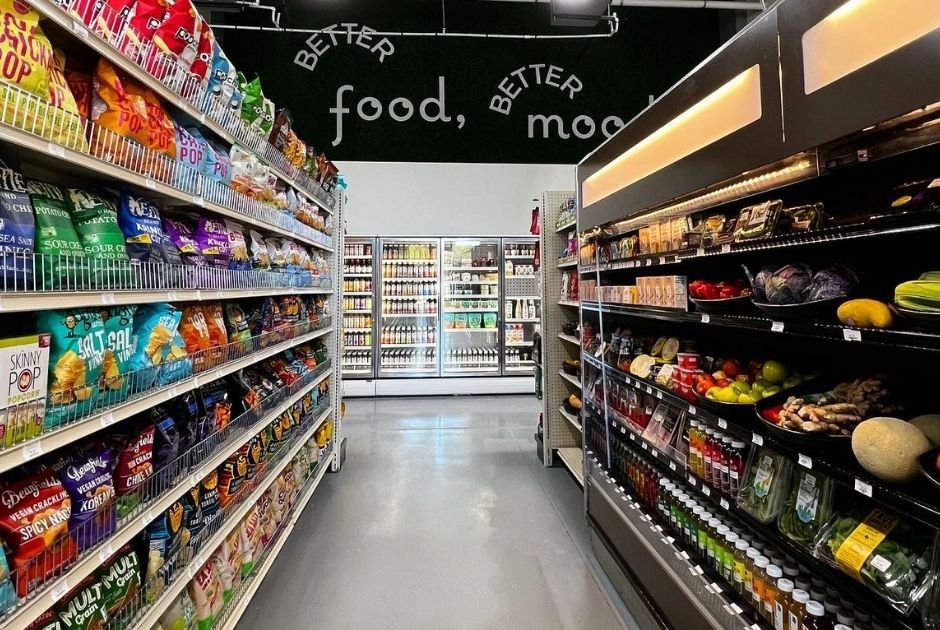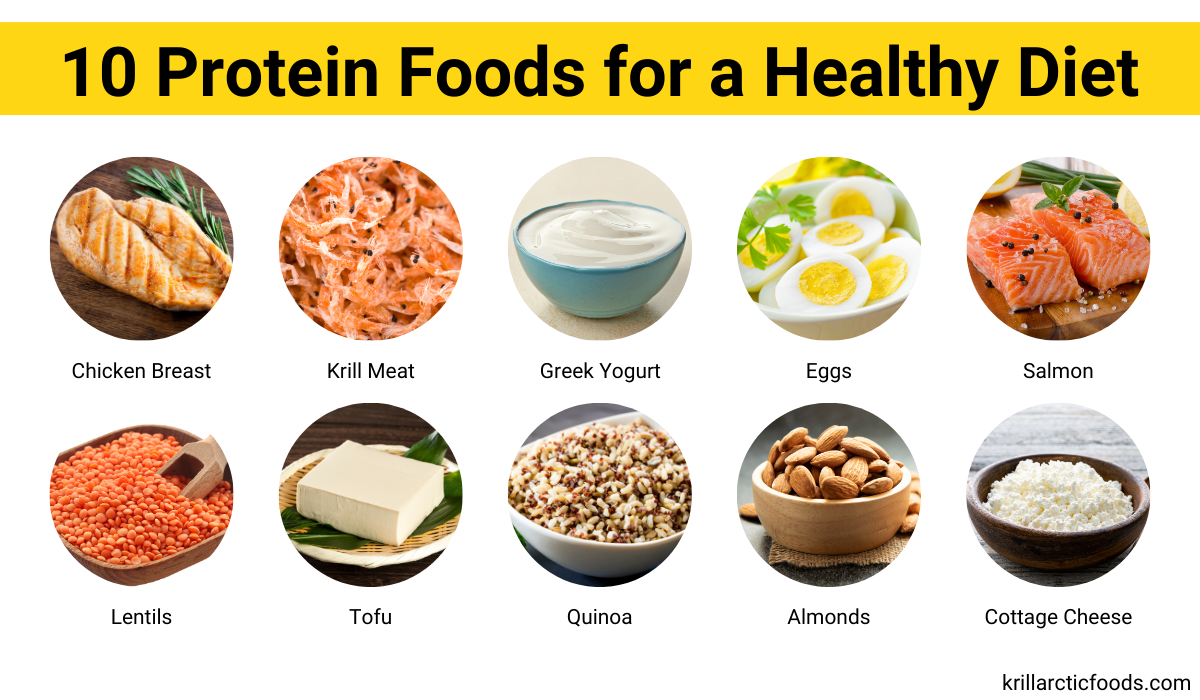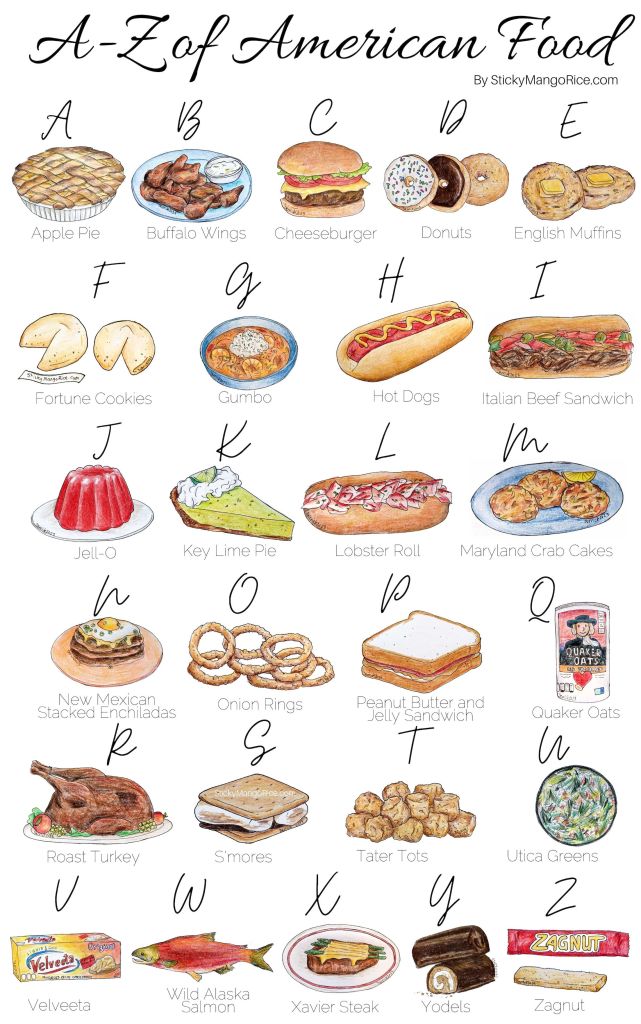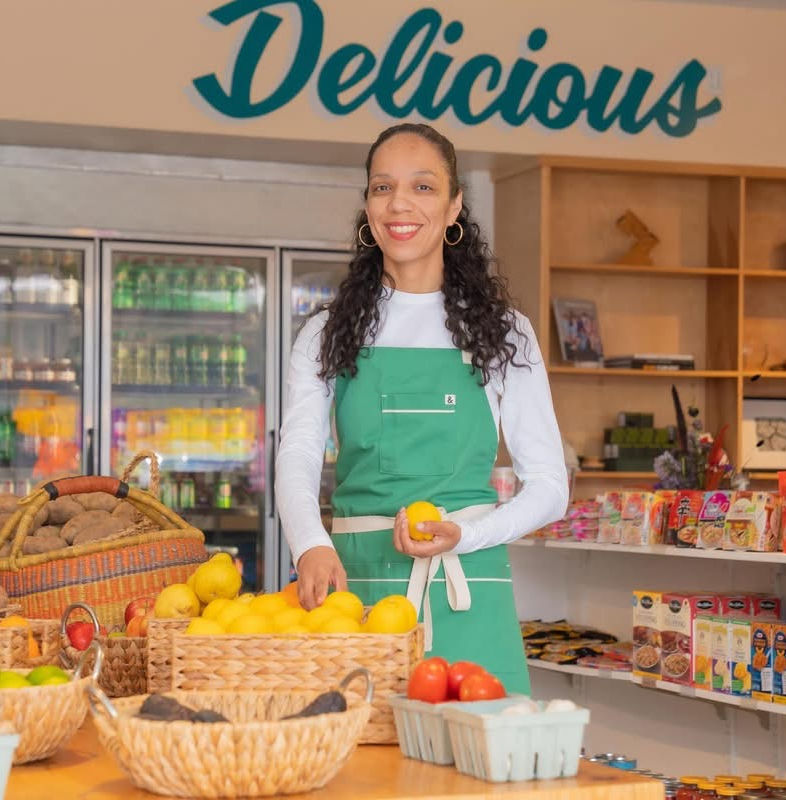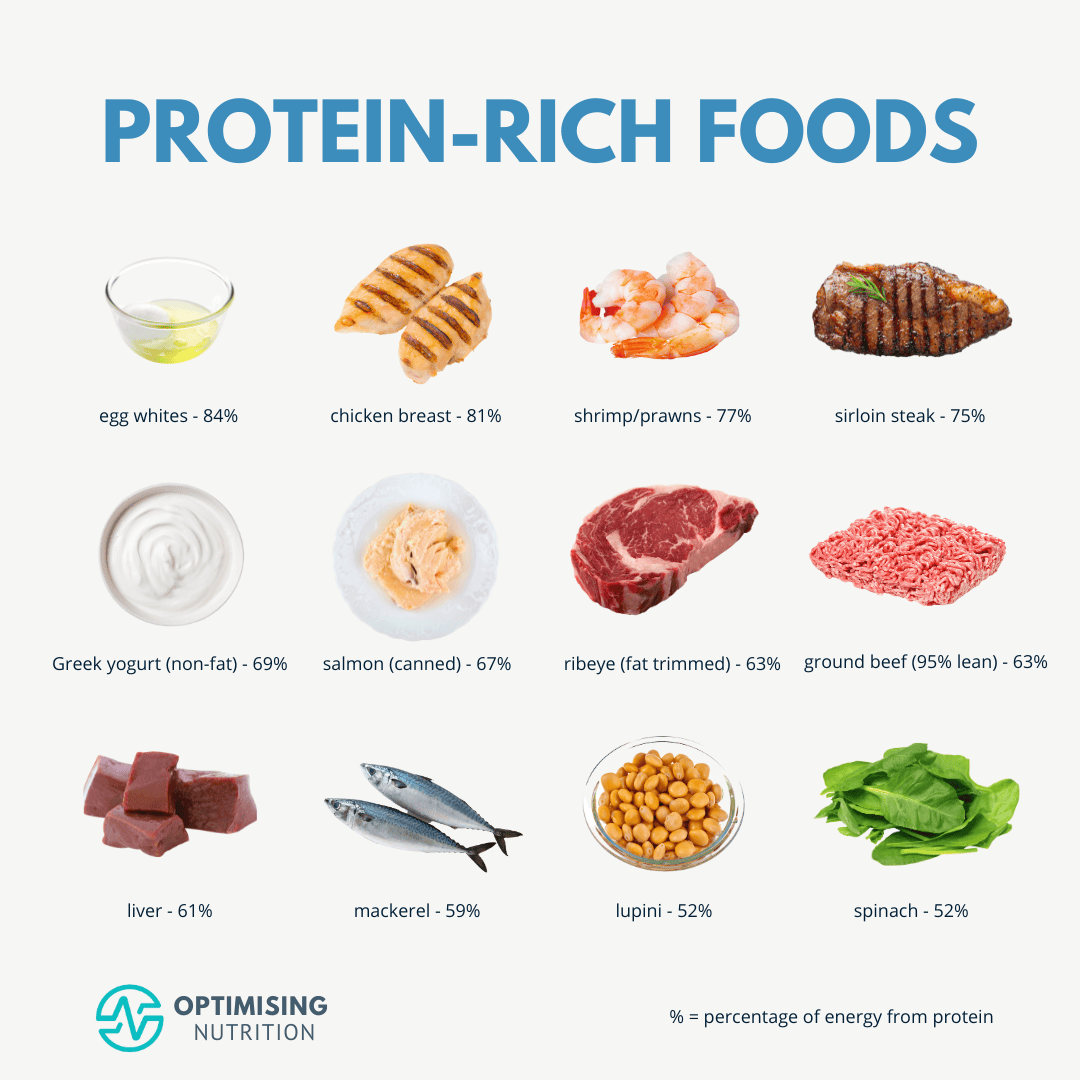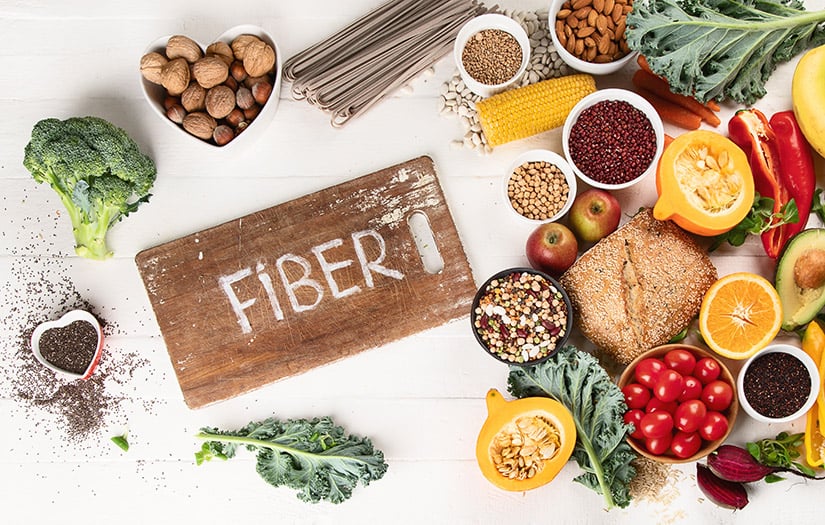Hey there if you've ever felt puzzled about where to get enough protein without turning every meal into a humdrum chicken-and-broccoli routine, you're in the right place. Lets chat about foods that have high protein, why they matter, and how you can enjoy them in real life without feeling deprived. Ill share practical tips, tasty ideas, and a little motivation to make protein a natural part of your day.
Why protein matters
Think of protein as the body's repair crew and construction team rolled into one. It builds and repairs muscles, supports immune function, helps make hormones and enzymes, and keeps you feeling satisfied after meals. If you're active, recovering from illness, or simply trying to avoid constant snacking, eating enough protein is one of the most effective and underrated habits.
But here's the catch: not all protein sources are created equal. Some come with extra benefits like fiber, healthy fats, or important vitamins while others may bring unwanted saturated fat or fewer essential nutrients. So choosing wisely matters.
Animal protein
Animal-based foods are often complete proteins, meaning they contain all the essential amino acids your body needs. Theyre versatile and generally easy to absorb.
Chicken breast A classic for a reason. With roughly 2531 grams of protein per 100 grams (cooked), it's lean, affordable, and adaptable. Grill it, shred it into salads, or use it in tacos.
Turkey Similar to chicken but with a slightly different flavor profile. Ground turkey is great in burgers, meatballs, and chili.
Beef Offers about 2630 grams of protein per 100 grams, and is packed with iron and B12. Choose lean cuts like sirloin or tenderloin to keep saturated fats lower.
Pork Pork tenderloin is a lean, tasty source with about 25 grams of protein per 100 grams. It can be a pleasant change from chicken or beef.
Fish and seafood Salmon, tuna, cod, shrimp these are protein powerhouses and also bring heart-healthy omega-3s in the case of fatty fish. A fillet of salmon gives around 2025 grams of protein per 100 grams.
Eggs Such an underrated superstar. One large egg has roughly 67 grams of high-quality protein, plus choline and other nutrients. Theyre perfect any time of day.
Dairy Greek yogurt, cottage cheese, and milk are excellent protein sources. Greek yogurt often has 1020 grams per serving, and cottage cheese is great for snacks or as a savory addition to meals.
Plant-based protein
If you're vegetarian, vegan, or just trying to eat more plants, youll be glad to know there are plenty of foods that have high protein without meat. Some plant proteins are complete on their own (like soy), while others combine beautifully to make a complete meal.
Tofu and tempeh Soy-based and rich in protein. Firm tofu provides around 815 grams per 100 grams depending on firmness; tempeh often offers about 19 grams. Theyre excellent for stir-fries, sandwiches, and bowls.
Legumes Lentils, chickpeas, black beans, and kidney beans are nutritional workhorses. Cooked lentils provide around 9 grams per 100 grams, and chickpeas give about 89 grams. Add them to soups, salads, or blend into spreads like hummus.
Quinoa A grain-like seed that's a complete protein, offering about 45 grams per cooked cup. Its fluffy, nutty, and super versatile.
Nuts and seeds Almonds, peanuts, chia seeds, and hemp seeds bring protein plus healthy fats. For example, hemp seeds offer about 910 grams per 3 tablespoons and are perfect sprinkled on yogurt or salads.
Seitan Made from wheat gluten, seitan is shockingly meaty in texture and packs around 25 grams of protein per 100 grams. Its a favorite for many plant-based eaters, though its not suitable for those with gluten sensitivity.
High-protein snack ideas
Snacking can be a trap, but it can also be a strategic opportunity to hit your protein goals. Here are some easy, satisfying ideas that wont leave you staring at a sad bag of chips.
- Greek yogurt with berries and a sprinkle of hemp seeds
- Apple slices with almond or peanut butter
- Hard-boiled eggs prepped in advance, theyre lifesavers
- Hummus with raw veggies or pita wedges
- Roasted chickpeas with spices crunchy and filling
- Edamame sprinkled with sea salt
- Tuna or chicken salad on whole-grain crackers
How much protein do you really need?
Great question and it depends. The often-cited baseline is about 0.8 grams of protein per kilogram of body weight for the average sedentary adult. But if youre active, pregnant, older, or trying to build muscle or lose weight, your needs can be higher often between 1.2 to 2.0 g/kg.
Heres a practical example: for someone who weighs 70 kg (about 154 pounds), the general range might be 56 grams (0.8 g/kg) on the low end, up to 84140 grams if theyre very active or strength training. Rather than stressing over exact numbers, aim to include a protein source at each meal and consider protein-rich snacks as needed.
Tips to increase protein intake without sacrificing flavor
Lets keep things tasty. Protein shouldnt feel like a chore here are small swaps and smart habits that make a big difference:
- Add a scoop of Greek yogurt to smoothies for creaminess and protein.
- Mix beans or lentils into sauces, chilis, and casseroles they blend right in.
- Top salads with a generous portion of chicken, tuna, or tempeh instead of a light sprinkle.
- Use cottage cheese or ricotta as a spread for toast with honey and fruit.
- Make grain bowls with a base of quinoa or farro, tossed with veggies and a protein of your choice.
- Explore spices and marinades protein is tastier when its well-seasoned.
Combining proteins the easy way
If you enjoy plant-based meals, dont worry about obsessively pairing proteins at every meal. As long as you eat a variety of plant proteins across the day grains, legumes, seeds, and nuts your body will get the full range of amino acids it needs. But here are a few classic combos that naturally click:
- Rice and beans
- Peanut butter on whole-grain toast
- Hummus with whole-wheat pita
- Quinoa salad with chickpeas and pumpkin seeds
Common concerns: cholesterol, calories, and diet preferences
Worried about cholesterol or calories? Its reasonable to be mindful. Choosing lean cuts of meat, focusing on fish and plant proteins, and balancing portion sizes can help. If youre watching calories, prioritize lean sources like white-fleshed fish, chicken breast, tofu, and legumes.
For those with dietary preferences vegan, vegetarian, or gluten-free its absolutely possible to meet protein needs. A bit of planning and variety go a long way, especially including nuts, seeds, soy, legumes, and whole grains.
Simple weekly meal plan ideas
Want a quick mental map for the week? Here are cozy, doable meal ideas so you dont have to reinvent the wheel every day.
- Breakfasts: Greek yogurt bowls, scrambled eggs with spinach, or oatmeal topped with almond butter and chia seeds.
- Lunches: Quinoa and chickpea salad, turkey and avocado wrap, or tuna-stuffed tomatoes.
- Dinners: Grilled salmon with roasted veggies, tofu stir-fry over brown rice, or lean beef and vegetable kebabs.
- Snacks: Cottage cheese with pineapple, roasted edamame, or a handful of mixed nuts.
Final thoughts make it enjoyable
Food is more than nutrients its comfort, culture, and joy. If you treat protein as a palette rather than a strict rule, youll find easy ways to include plenty of it without getting bored. Try new recipes, experiment with seasonings, and listen to your bodys cues about hunger and satisfaction.
Whats one high-protein food you love but havent been eating enough of? Pick it this week and build a meal around it. If you try a tasty swap or a new recipe, Id love to hear how it goes small changes add up, and Im cheering you on.
FAQs
How much protein do I need each day?
Needs vary: about 0.8 g/kg for a sedentary adult, and typically 1.2–2.0 g/kg for active people, those building muscle, pregnant people, or older adults.
Which plant foods have the most protein?
Top plant options include tempeh, tofu, seitan, lentils, chickpeas, quinoa, hemp seeds, and peanuts or almonds.
Are animal proteins better than plant proteins?
Animal proteins are often complete (all essential amino acids) and well absorbed, but a varied plant-based diet can also supply complete nutrition with planning.
What are easy high-protein snacks?
Try Greek yogurt with hemp seeds, hard-boiled eggs, edamame, roasted chickpeas, nut butter with fruit, or cottage cheese with fruit.
Can I get enough protein if I'm vegetarian or vegan?
Yes—combine a variety of legumes, grains, nuts, seeds, and soy products across the day to meet protein and amino acid needs.







